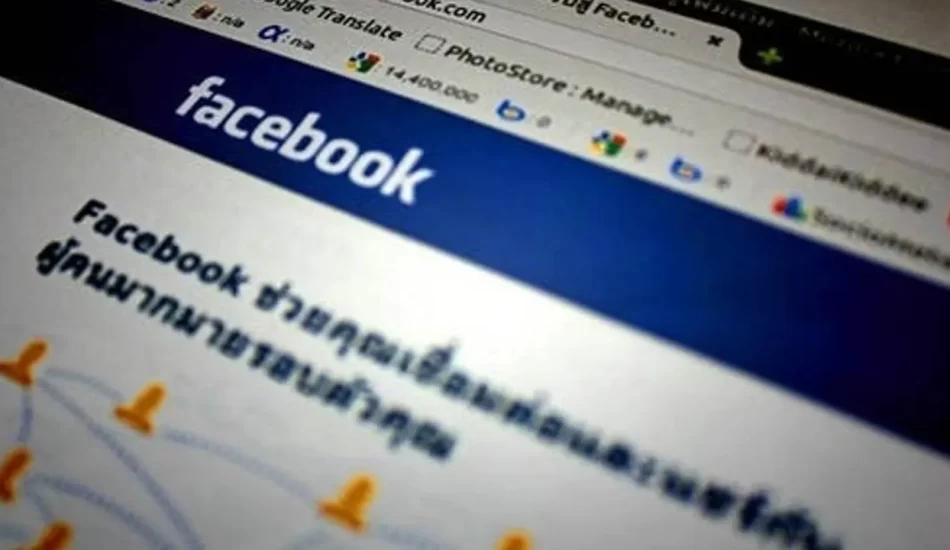Rights Groups Speak Out Against New Social Media Questions on Visa Applications

Earlier this year, the State Department published a proposed new rule and rolled out a new set of questions and requirements regarding social media activity for all individuals applying for visas or immigrant benefits in the US through the online DS-160 and DS-260 forms. Over the past few weeks, additional updates have been made, enabling the State Department to collect even more information. Various civil and human rights groups, including Human Rights Watch and Electronic Frontier Foundation, are voicing their concern about the new policies.
Visa applications now require all applicants to provide information about all of their social media and online presence, including usernames, email addresses, and phone numbers, from the past five years. The forms specifically ask intending immigrants or nonimmigrant visitors to list their account information (or “identifiers”) for each of the following platforms (if applicable):
- ASK.FM
- DOUBAN
- YOUTUBE
- YOUKU
- VKONTAKTE (VK)
- VINE
- TWOO
- TUMBLR
- SINA WEIBO
- QZONE (QQ)
- MYSPACE
- GOOGLE+
- FLICKR
In addition to this list, the forms ask for all email addresses and phone numbers used by the applicant in the past five years before filing their application. If the applicant is active on a social media platform that is not listed here, they have the option to include it under the following question:
Other Social Media: Do you wish to provide information about your presence on any other websites or applications you have used within the last five years to create or share content (photos, videos, status updates, etc.)?
The implications of these new questions have not been fully realized, as it is not yet known to what extent the government is looking into each applicant’s online history, or what the consequences are of not including an account. It is also unclear how the government will react to an applicant choosing not to answer the “optional” social media question, or forgetting to list an old account which they no longer use regularly.
Questions regarding online presence and social media use have long been asked to visa applicants whose cases require additional (or “administrative”) processing following their consular interview, but the requirement for all applicants is brand new. In the past, these questions were reserved for cases with potential red flags or applicants who posed a potential threat to national security, as determined during the interview.
Many immigration professionals and human and civil rights groups have spoken out about the new social media requirements as they believe it severely oversteps individuals’ rights to privacy and freedom of speech. These groups are especially concerned that applicants may be penalized not just for their own social media posts, but also for the online activity of their friends and acquaintances, which they cannot control or anticipate. One Lebanese student, who was an incoming freshman at Harvard, was already denied entry at the airport this summer due to social media posts some of his friends or acquaintances had posted.
Human Rights Watch, in collaboration with 39 other privacy, civil rights, civil liberties, human rights and immigrants’ rights organizations submitted a letter this month to the acting director of the Department of Homeland Security stating their concerns and highlighting the potential abuses of this type of blanket policy. In their letter, the groups argue that social media posts can easily be taken out of context, misrepresented, or be very out of date. They also make the point that “friends” or “followers” on a social media platform are often distant acquaintances, or possibly not even connected at all.
Completing and filing Forms DS-160 and DS-260 is becoming increasingly difficult and it is more necessary than ever to represent oneself completely accurately on every part of the form. It is also important to keep in mind that discrepancies in the information provided on forms and on social media may raise a red flag for immigration officials (e.g. providing a different employment history than the one that shows up on your Facebook account). All applicants are encouraged to seek professional guidance if they have any uncertainty about fulfilling the new requirements on these forms.
